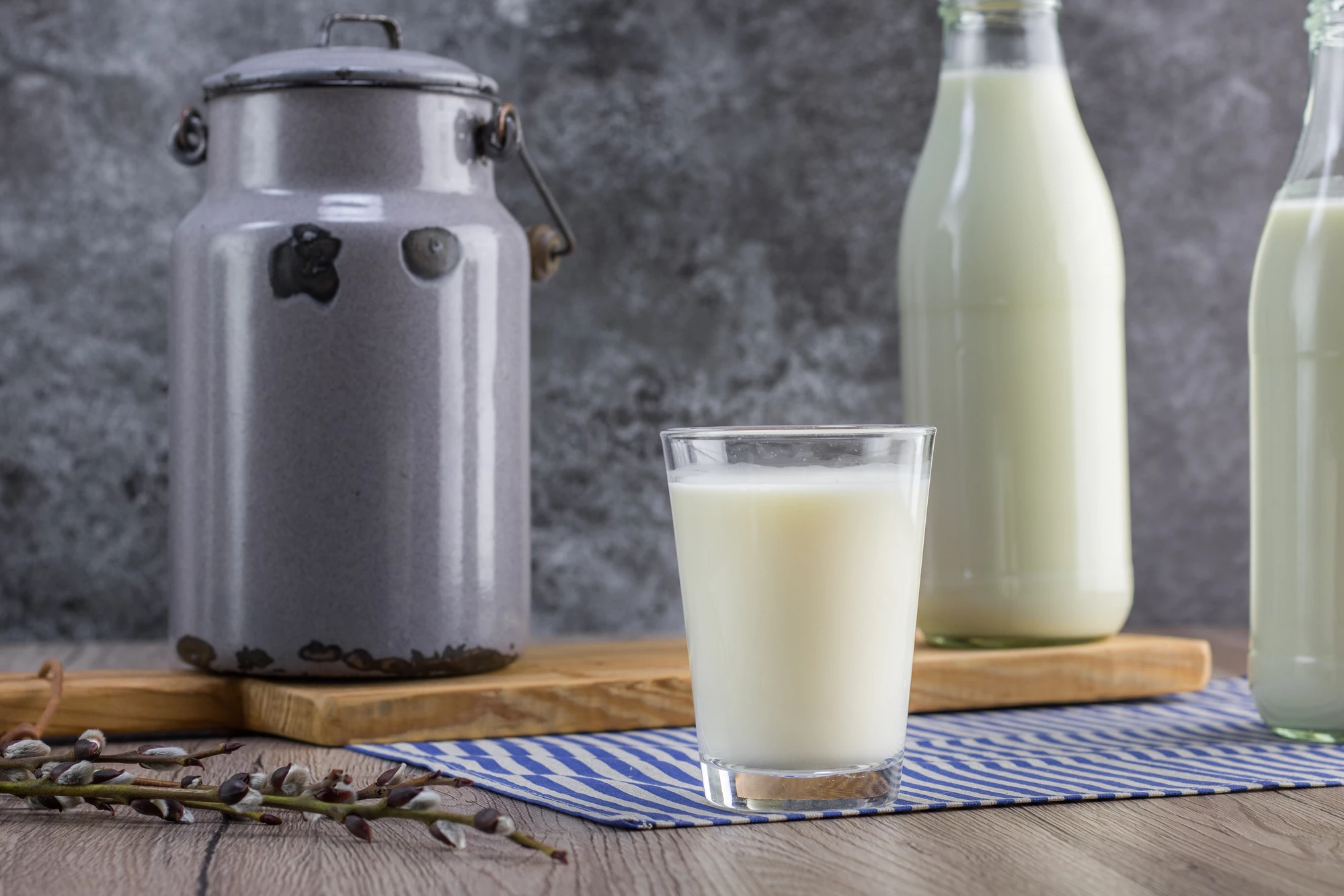A large study from food scientists at the University of California, Davis, has found unpasteurized milk, commonly known as raw milk, holds large volumes of antimicrobial-resistant genes which can very swiftly spawn dangerous bacteria when left at room temperature.
The researchers investigated 2,034 milk samples gathered from retail stores across five US states (California, Idaho, Arizona, South Carolina, and Maine). Four kinds of milk processing techniques were studied, from completely unpasteurized products, to vat pasteurized, high-temperature short time (HTST), and ultra-pasteurized (UHT) products.
The baseline results revealed the raw milk samples contained significantly higher levels of live bacteria compared to the other processed milks. However, those bacterial levels did remain stable as long as the milk was kept in a refrigerated state.
The researchers homed in on genetic material in the milk samples and discovered raw milk contained “dramatically more ARGs (antimicrobial-resistant genes) than pasteurized milk”. This is the second recent study to detect relevant levels of ARGs in raw milk samples. But more worrying was how rapidly bacteria with these genes appeared when raw milk was left at room temperature.
“Our study shows that with any temperature abuse in raw milk, whether intentional or not, it can grow these bacteria with antimicrobial resistance genes,” explains microbiologist Michele Jay-Russell, co-author on the new study. “It’s not just going to spoil. It’s really high risk if not handled correctly.”
The researchers express particular concern over the production of clabber, a traditional type of soured milk made by letting raw milk ferment at room temperature for several days. David Mills, co-author on the study, suggests those keen to create this fermented product should use a starter culture to inoculate milk. This, he says, will help people avoid culturing large volumes of antibiotic-resistant bacteria that may be present in raw milk.
“You could just be flooding your gastrointestinal tract with these genes,” say Mills. “We don’t live in an antibiotic-free world anymore. These genes are everywhere, and we need to do everything we can to stop that flow into our bodies.”
Alongside these significant levels of ARGs in raw milk, the researchers profiled the broader bacterial populations present in the product. Lead author on the study Jinxin Liu says large volumes of “beneficial bacteria” were not found in the raw milk samples. This finding sits somewhat contrary to the common belief unpasteurized milk contains large volumes beneficial lactic acid bacteria which is subsequently destroyed in the pasteurization process.
“We don’t want to scare people, we want to educate them,” says Liu. “If you want to keep drinking raw milk, keep it in your refrigerator to minimize the risk of it developing bacteria with antibiotic-resistant genes.”
The new study was published in the journal Microbiome.
Source: UC Davis




